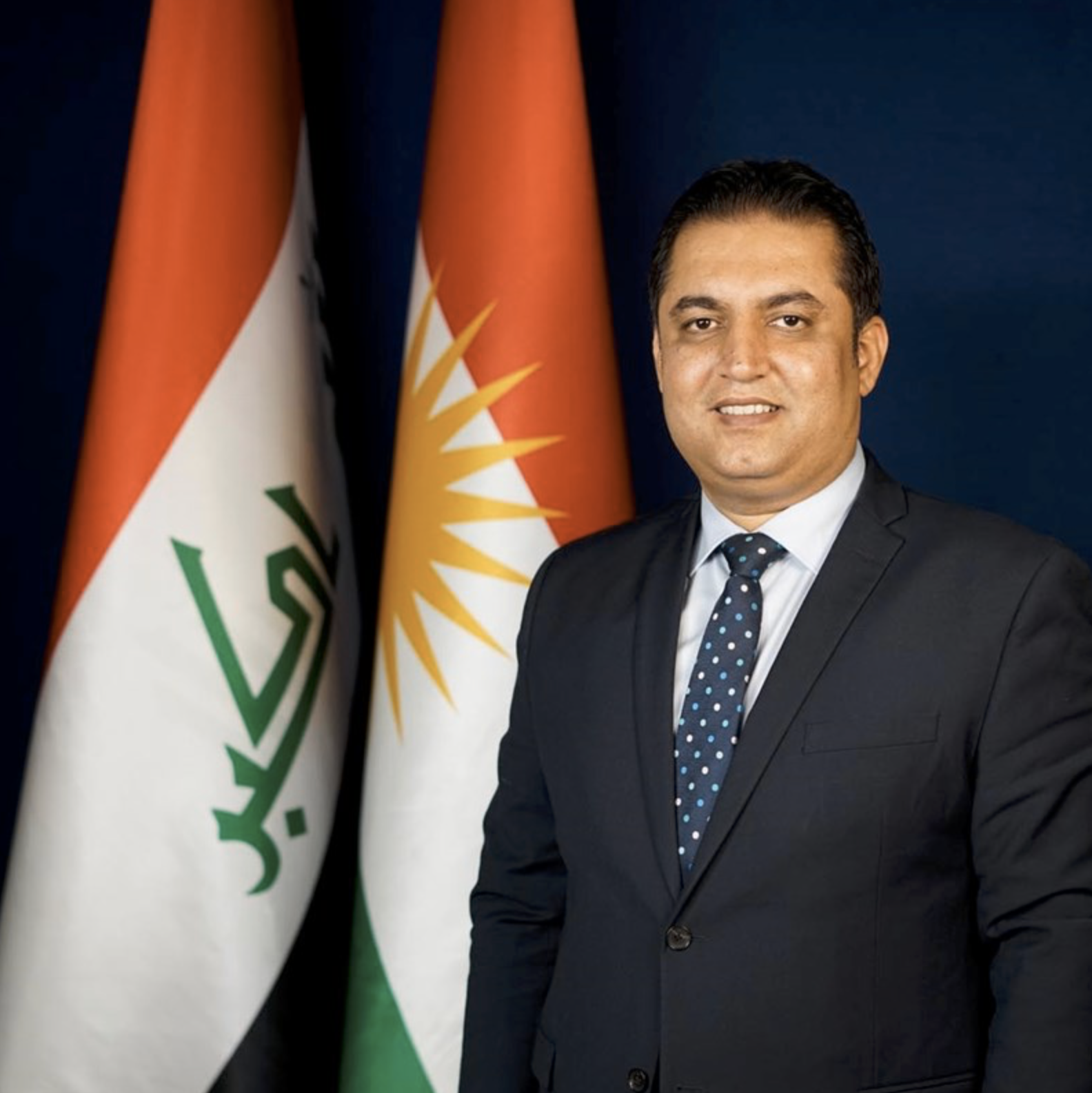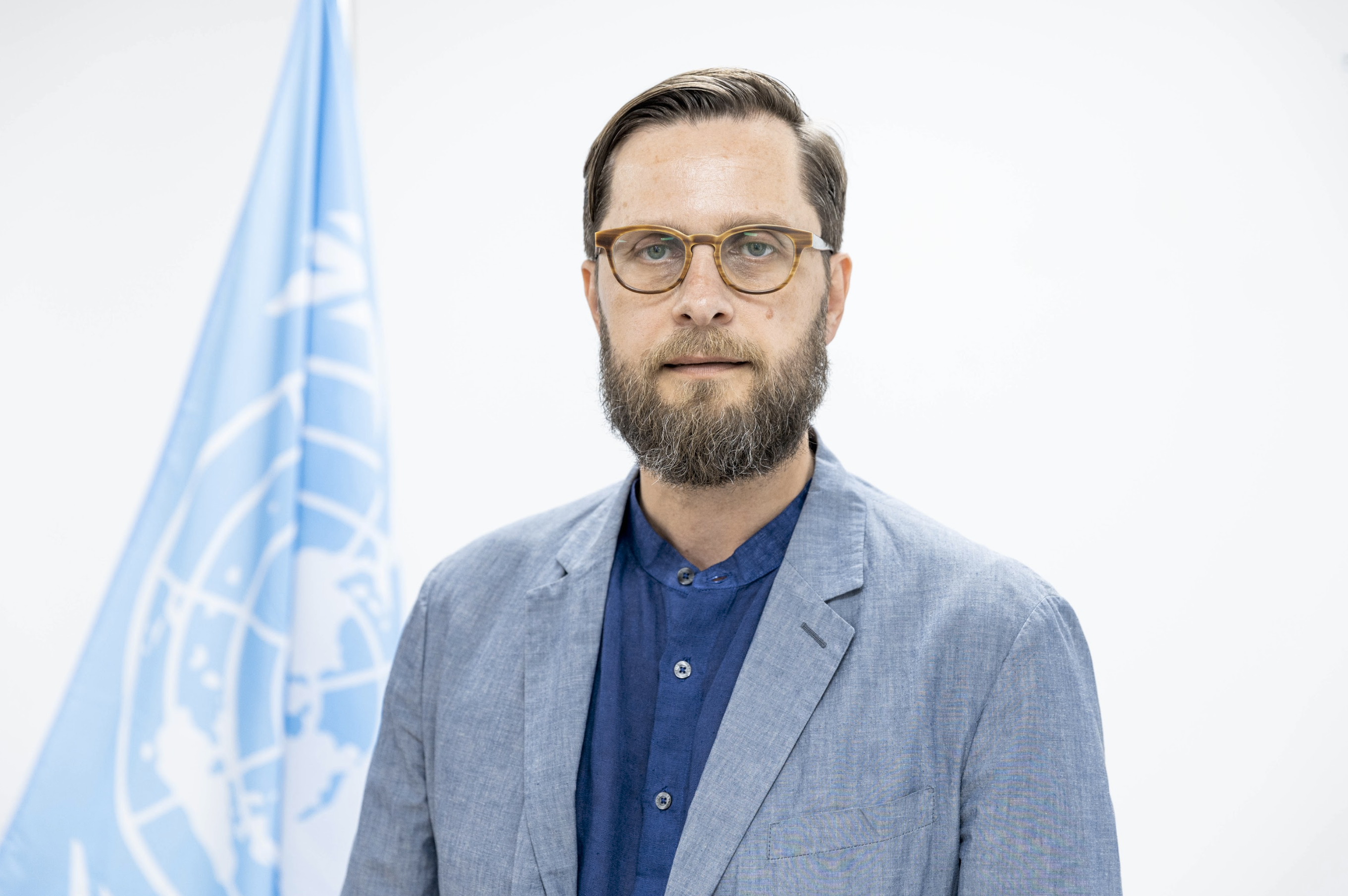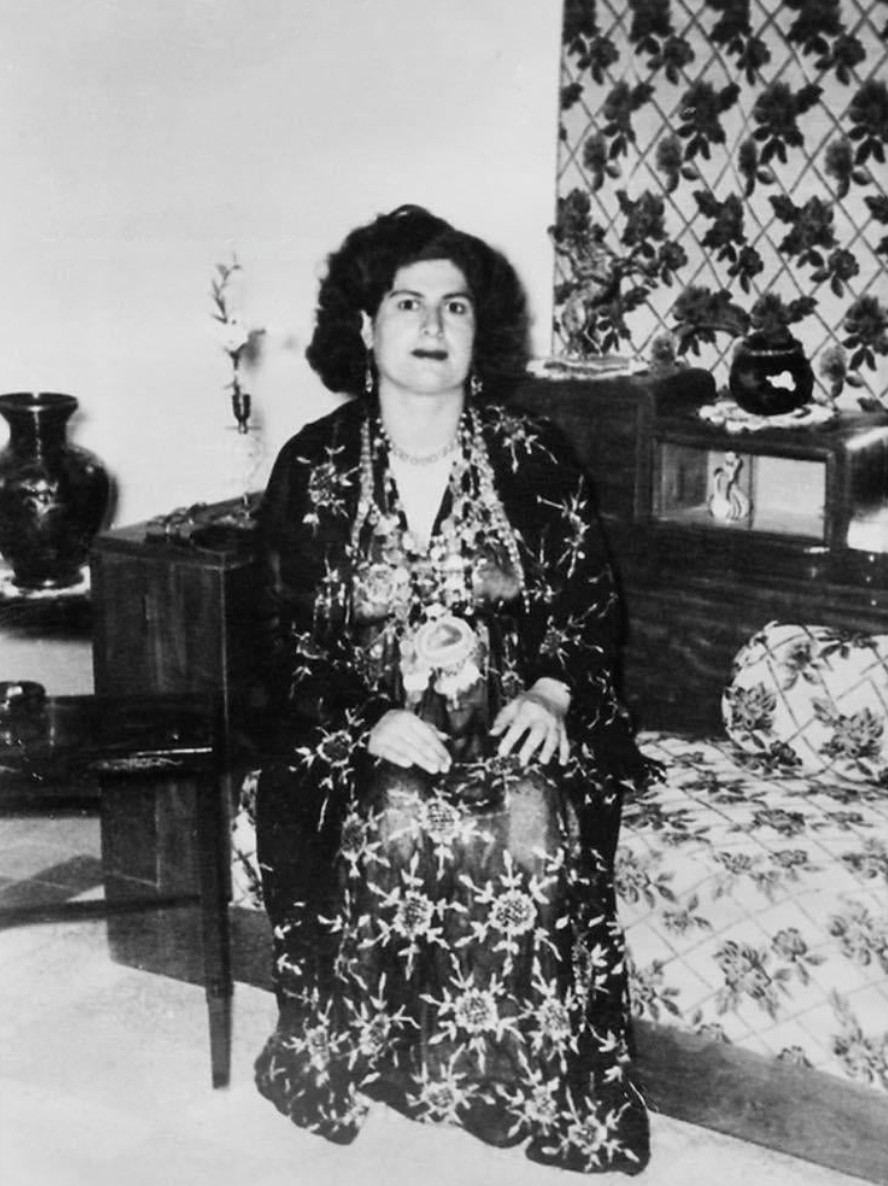Here in the Kurdistan Region of Iraq, people know what it means to flee one’s home to escape violence and persecution. Every Kurdish family has experienced firsthand what it means to be a refugee. This is why when Kurds living in Syria, Turkey, or Iran have sought refuge in the Kurdistan Region, authorities and communities, as well as the international community through the UN Refugee Agency (UNHCR), have joined forces to welcome them.
Many in the Kurdistan Region received their education abroad, during years when numerous Iraqi Kurdish families lived in exile. Now, it is our turn to give refugee children a chance to access quality education – on equal footing with Iraqi Kurdish children. Without such opportunities to learn, interact, and play with their peers, and develop into responsible adults, refugee families would be left without hope for their future, including the hope of eventually returning to their homes and rebuilding their communities.
In most countries, refugee children are allowed to enroll in public schools, a widely accepted practice that is both cost-effective and encourages knowledge sharing. The same principle applies here. Why establish separate schools for refugees with dedicated teachers when we can invest in enhancing the capacities of our existing schools? By doing so, we can educate both communities side-by-side, fostering improved learning outcomes and brighter futures for all. Unlike constructing new facilities only for refugee children, this approach underscores the Kurdistan Region’s vision for sustainability and inclusivity. As refugees eventually return home, our schools will remain.

A social transformation
In alignment with global practices, refugee children are welcomed in public schools across the Kurdistan Region through the Refugee Education Integration Policy, a policy developed by the Kurdistan Regional Government (KRG) with support from UN agencies. The policy allows refugee children to attend the same schools as Kurdish children, learn the local language by following the same curriculum, foster relationships, and pursue equal opportunities. By educating children to comprehend and appreciate each other, we are laying the foundation for a future generation that will construct a better world in Iraq and in the region.
But what about qualified refugee teachers left without a job after fleeing their home countries? This is where the KRG has introduced a groundbreaking decision. We have allowed these educators to teach both refugee and local children in public schools in the Kurdistan Region, so long as their diplomas and professional experience met the requirements of the KRG Ministry of Education, in an effort to maintain the quality of teaching in public schools.

Alan Hama Saeed Salih, Kurdistan Regional Government Minister of Education
This is more than just an educational shift; it is a social transformation. It provides qualified refugee teachers with the chance to contribute to the communities that have embraced them, an opportunity to make a positive impact on children from their communities and the children of neighboring communities.
Moreover, we are creating livelihood opportunities for refugees by promoting a more sustainable and inclusive environment. “Being able to work as a teacher has been a substantial opportunity in my life here,” Parveen, a refugee teacher, notes. “In the school, you see teachers from the refugee and local community working together and supporting each other.”
Addressing concerns and capacities
Certainly, there were initial concerns with such a policy, notably the language difference. In Syria, teachers adhered to an Arabic curriculum with students learning in Arabic, despite speaking the Kurdish Kurmanji dialect at home and in their Kurdish communities. In public schools in the Kurdistan Region of Iraq, the teaching language is Kurdish, following either the Sorani or Bahdini dialect (southern Kurmanji). The question arose: can refugee children adapt to this shift and can refugee teachers effectively teach in a different dialect?
Recognizing the legitimacy of these concerns, the KRG Ministry of Education and UNHCR proactively addressed them. Kurdish language classes were provided for children, teachers, and parents, whereas new teachers underwent training, and learning materials were supplied to facilitate a smooth transition for everyone involved.

Jean-Nicolas Beuze, UNHCR Representative to Iraq
In addition, by getting additional funding to rehabilitate existing schools and build new classrooms, the KRG Ministry of Education and UNHRC have enhanced the quality of the teaching environment for everyone. Some 400 qualified full-time teachers and some 700 lecturers were hired from the Syrian refugee community. Meanwhile, the overall number of children enrolled in public schools increased to 50,000, including 70% of school-aged Syrian refugee children, in grades one to 12, including pre-school, for the academic year 2023-2024. An additional 21,000 refugee children await their inclusion.
“It is disheartening to witness valuable knowledge go to waste due to conflict,” Layal, a refugee parent from Syria, emphasizes. “We have been here for ten years and do not know when we will return home. We want our children to integrate and have the same opportunities as Iraqis.”
The journey continues and, for the sake of the local and refugee communities, their children, and their teachers, the international community must continue providing support to the KRG Ministry of Education. Let us remember that it not only takes a village to raise a child, but also teachers and a collective group of individuals dedicated to fostering inclusion. This model, supported by national and international commitment, ensures that refugees can take part in national systems and become invaluable contributors to local economies and societies.
Alan Hama Saeed Salih is Kurdistan Regional Government Minister of Education
Jean-Nicolas Beuze is UNHCR Representative to Iraq

